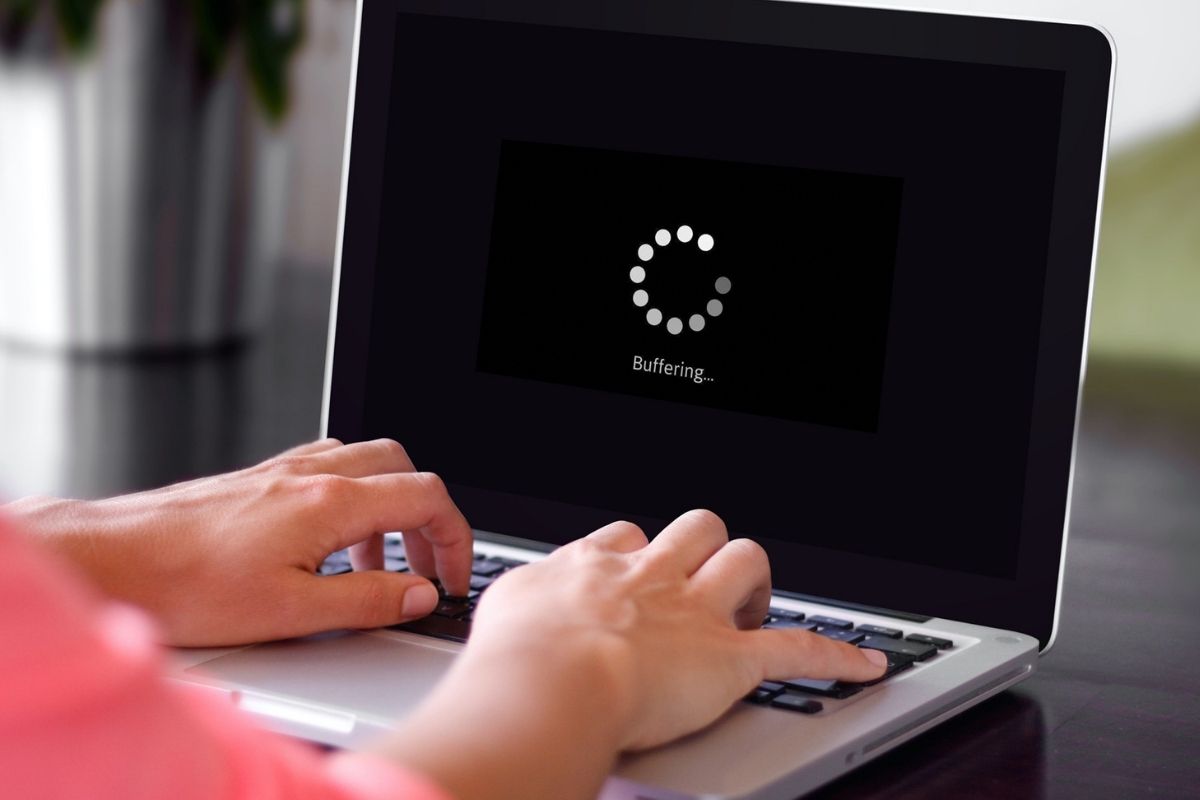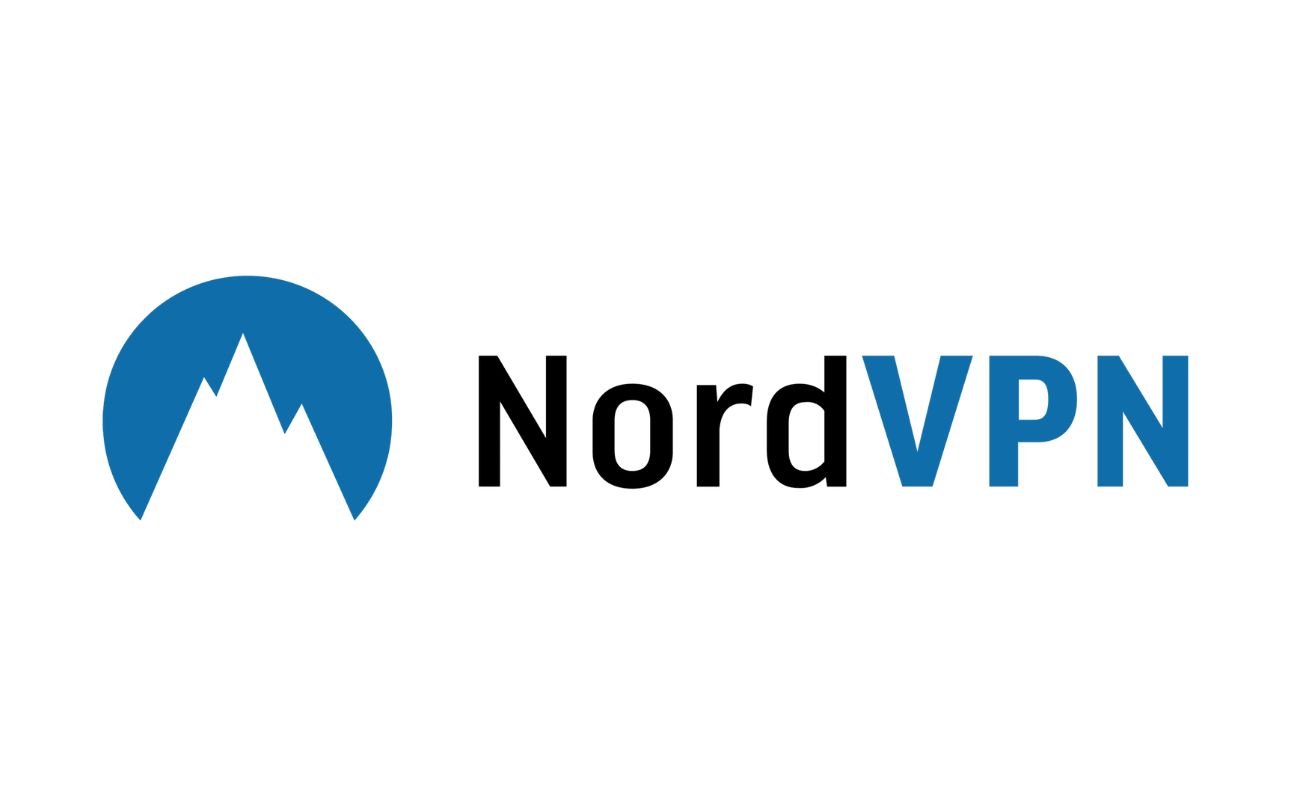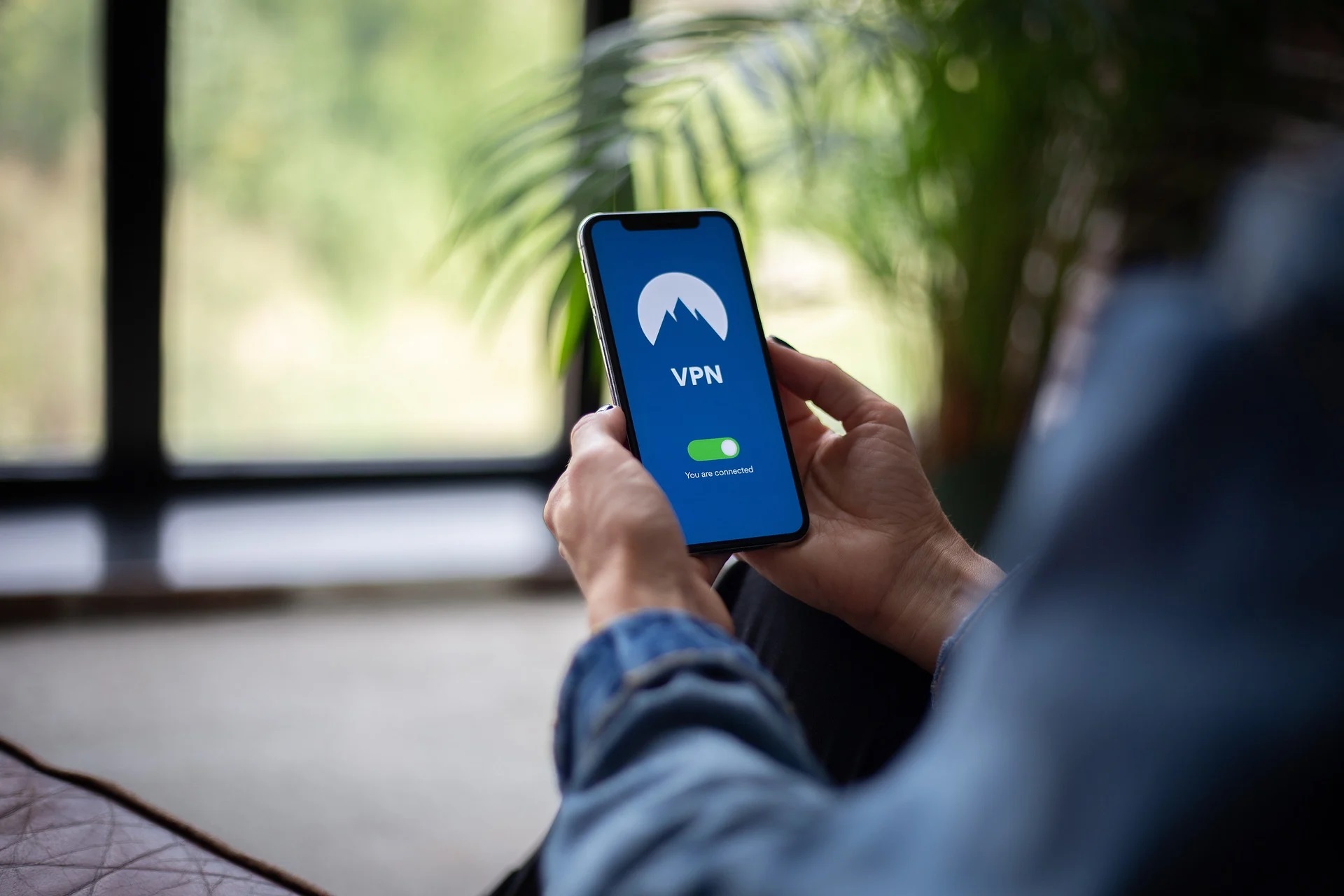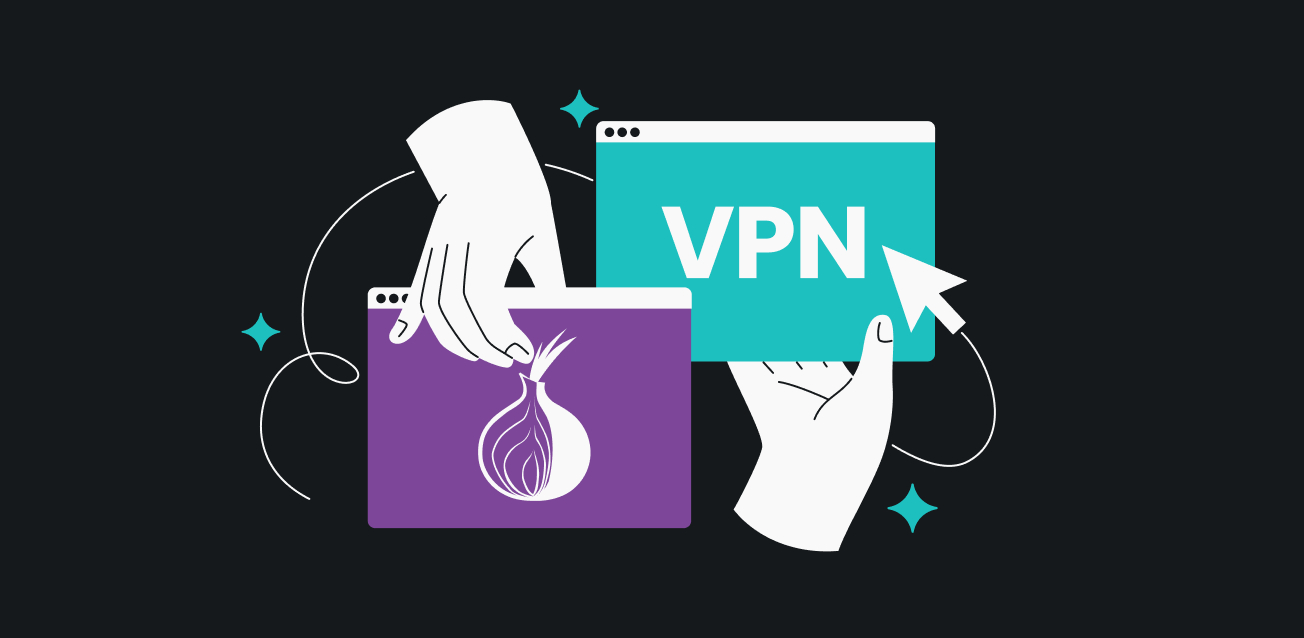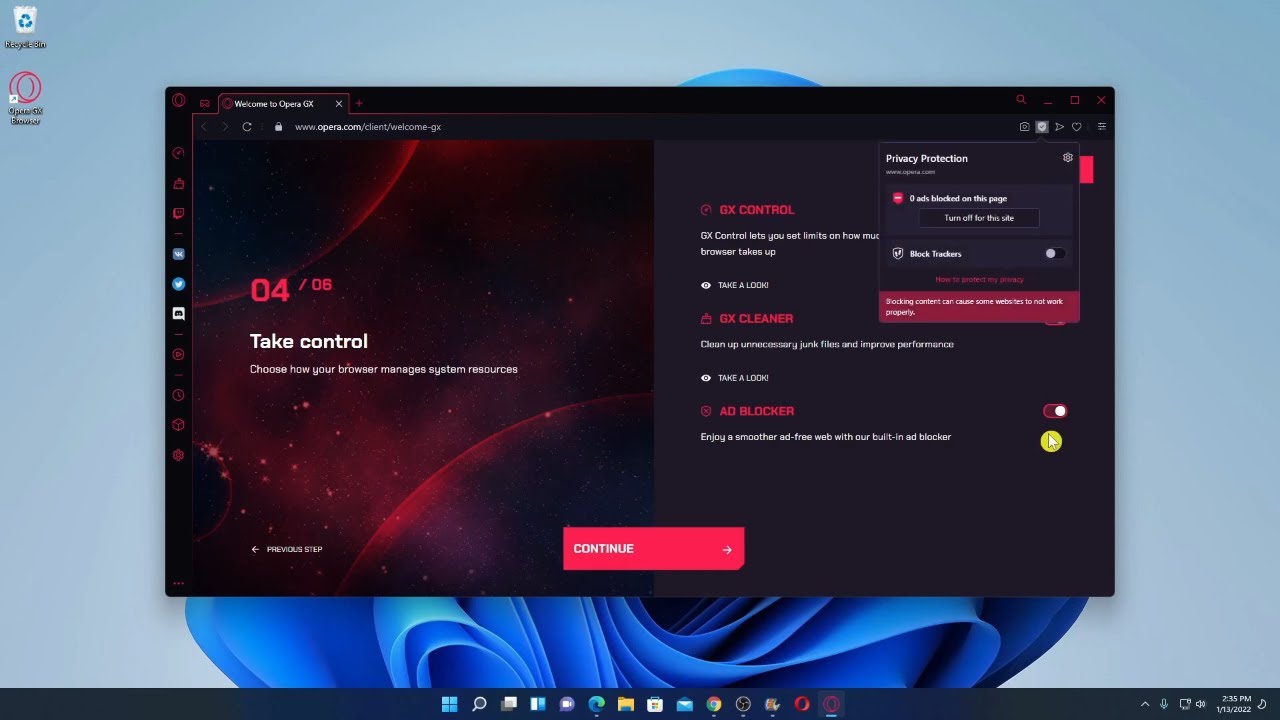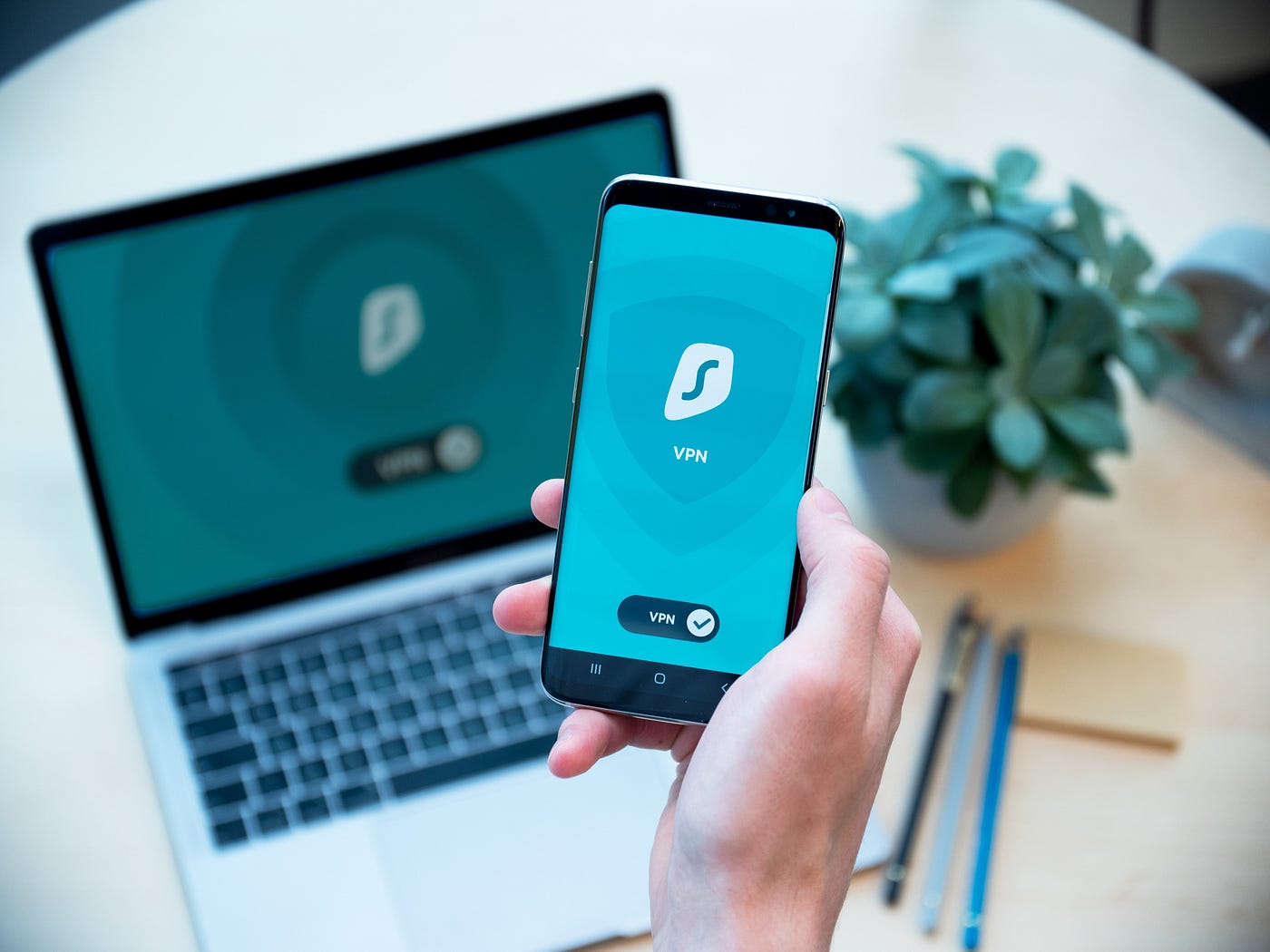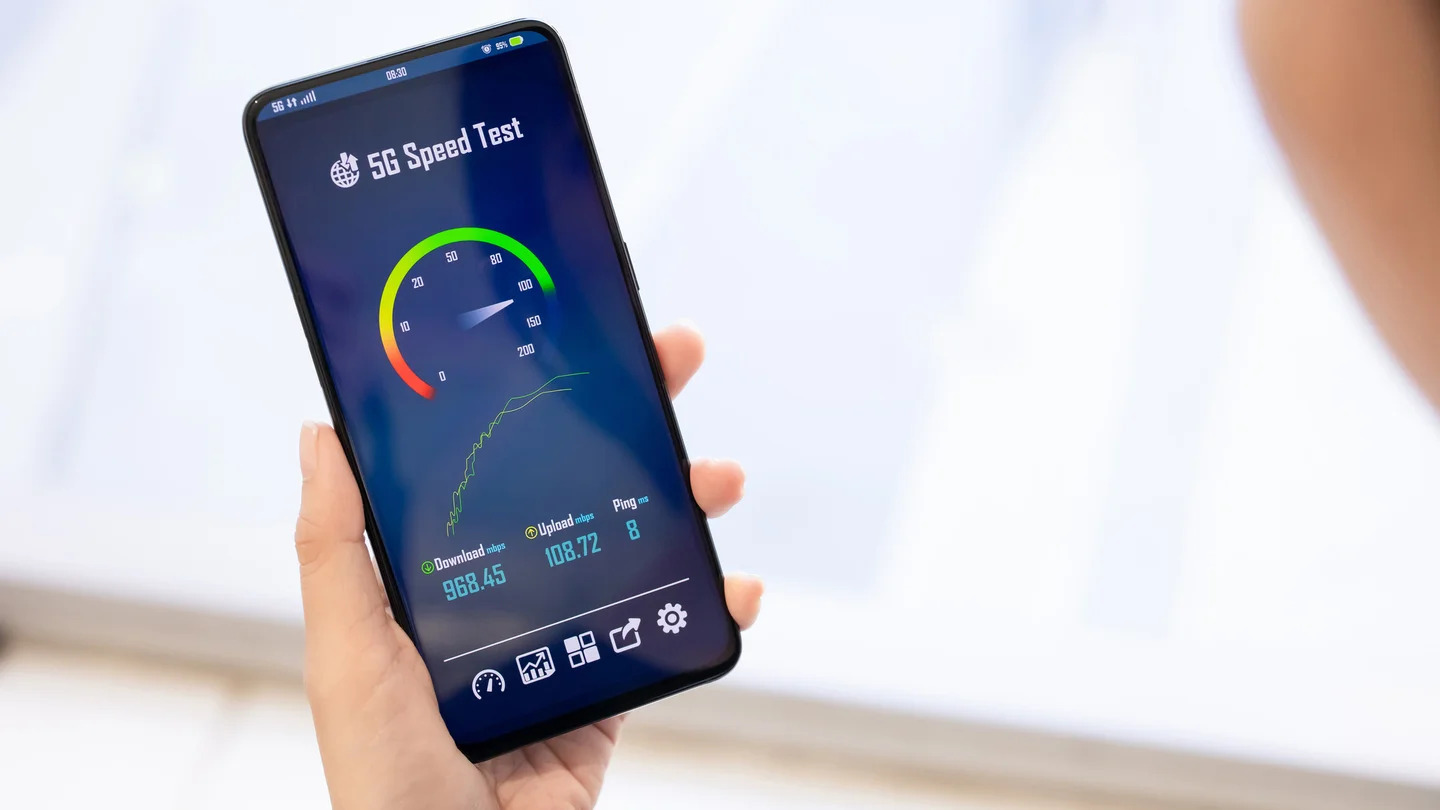Home>Software and Apps>How To Know If Your VPN Is Hacked


Software and Apps
How To Know If Your VPN Is Hacked
Modified: September 5, 2024
Learn how to detect if your software and apps VPN has been compromised with these essential tips and tools. Protect your online security now!
(Many of the links in this article redirect to a specific reviewed product. Your purchase of these products through affiliate links helps to generate commission for Techsplurge.com, at no extra cost. Learn more)
Table of Contents
Understanding VPN Security
Using a Virtual Private Network (VPN) is common for protecting online activities from surveillance and data theft. However, even the best VPN services carry some risk of hacking. This guide will help you determine if your VPN has been compromised and what steps to take to mitigate risks.
Read more: How Do I Know If I Have A VPN On My Phone
Encryption
Encryption forms the backbone of VPN security. It converts data into a code decipherable only by the intended recipient. High-quality VPNs use strong encryption algorithms like AES-256, which current technology cannot break. Despite strong encryption, vulnerabilities still exist that hackers can exploit.
Data Logging
Some VPNs log user data, posing a significant security risk. If a VPN logs activities and this data gets compromised, personal information may be exposed. Reputable VPNs do not log user data, so verify this policy before subscribing to a service.
Warning Signs of a VPN Hack
Detecting a VPN hack can be challenging, but several warning signs can indicate a problem:
IP Address Leakage
One common sign of a VPN hack is IP address leakage. This occurs when the VPN accidentally shares your real IP address. If you access a site normally blocked in your country and it remains blocked, it may indicate an IP leak.
Slow Connection Speeds
A sudden drop in connection speeds might suggest your VPN is under attack. Hackers could be overwhelming the server with traffic to gain access to your data.
Unusual Activity on Your Device
Monitor your device's activity. Unusual traffic patterns or applications running in the background could signal a compromised VPN.
Error Messages
Frequent error messages or an inability to connect to the VPN might indicate a hack.
Unreliable Service
Frequent disconnections or poor performance could suggest the service is under attack.
Read more: How To Check Your VPN Location
How Hackers Compromise VPNs
Hackers can compromise VPNs in several ways:
Weak Encryption
VPNs using weak encryption are vulnerable to hackers who can steal information in plain text form. Always choose VPNs with strong encryption algorithms like AES-256.
Data Logging
VPNs that log user data pose a significant security risk. If this data gets compromised, personal information may be exposed.
Malicious Attacks
Even high-quality VPNs can become targets of malicious attacks. Hackers might steal a key to decrypt information on the VPN's server or attempt to break the encryption.
Inadequate Security Practices
Some VPNs have lax security practices, making them easy targets for hackers. Free VPNs often log user data and sell it to third parties, leading to compromised information.
What to Do If You Suspect Your VPN Has Been Hacked
If you suspect your VPN has been hacked, take these steps:
Disconnect Immediately
Disconnect from the VPN immediately to prevent further data leakage.
Change Your Passwords
Change all passwords, especially those related to sensitive accounts. Hackers might have gained access to account credentials if the VPN was compromised.
Update Your Software
Ensure all software, including your operating system and applications, is up-to-date. Updates often include security patches that fix vulnerabilities exploited by hackers.
Use a Different VPN
Consider switching to a different VPN service. Look for a reputable VPN that does not log user data and uses strong encryption algorithms.
Monitor Your Accounts
Closely monitor accounts for any suspicious activity. Check bank statements, credit reports, and other sensitive accounts for signs of unauthorized access.
Report the Incident
Report the incident to the VPN provider. Reputable VPNs have incident response teams that can help mitigate the damage.
Preventing VPN Hacks
Prevention is always better than cure. Here are steps to prevent VPN hacks:
Choose a Reputable VPN
Select a VPN service with a good reputation for security that does not log user data. Look for reviews and check the VPN's privacy policy.
Use Strong Passwords
Use strong, unique passwords for all accounts. Avoid using the same password across multiple sites.
Enable Two-Factor Authentication
Enable two-factor authentication (2FA) whenever possible. This adds an extra layer of security to accounts.
Read more: Enhancing Your Warzone Experience with VPN
Regularly Update Your Software
Keep all software up-to-date. Regular updates often include security patches that fix vulnerabilities exploited by hackers.
Use a VPN with Strong Encryption
Ensure your VPN uses strong encryption algorithms like AES-256. Avoid VPNs that use weak encryption.
Using a VPN is a crucial step in protecting online activities from surveillance and data theft. Even with the best VPN services, there is always a risk of hacking. By understanding the warning signs of a VPN hack and taking proactive steps to prevent it, you can significantly reduce the risk of your VPN being compromised. Always choose a reputable VPN service, use strong passwords, enable 2FA, and regularly update your software to ensure online security.

